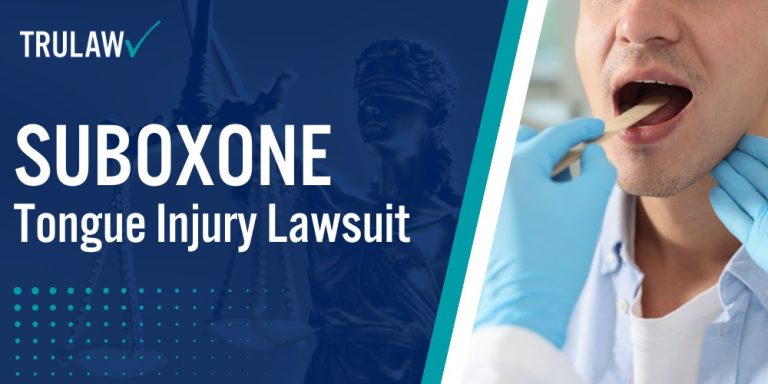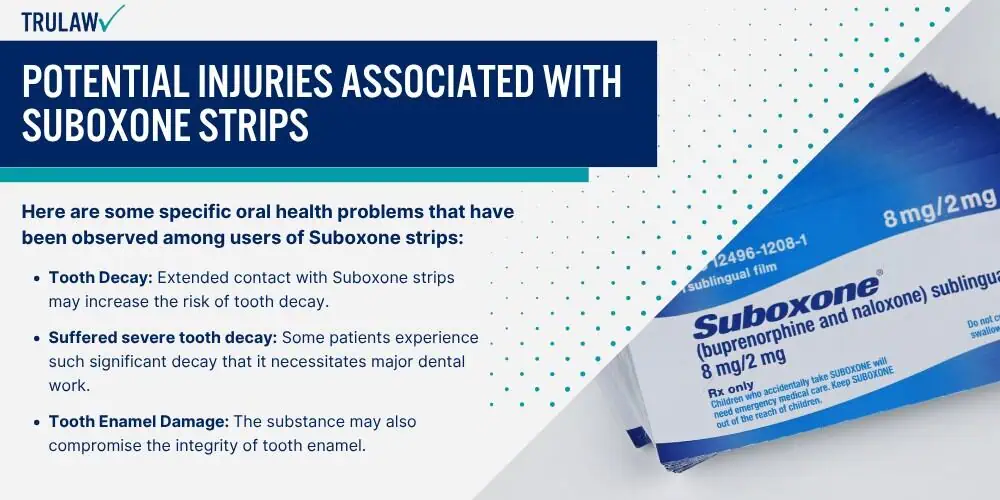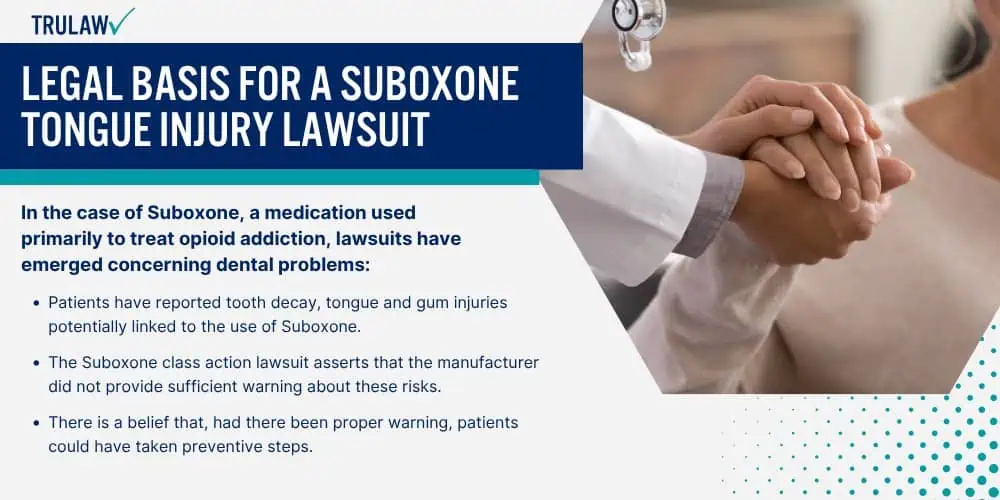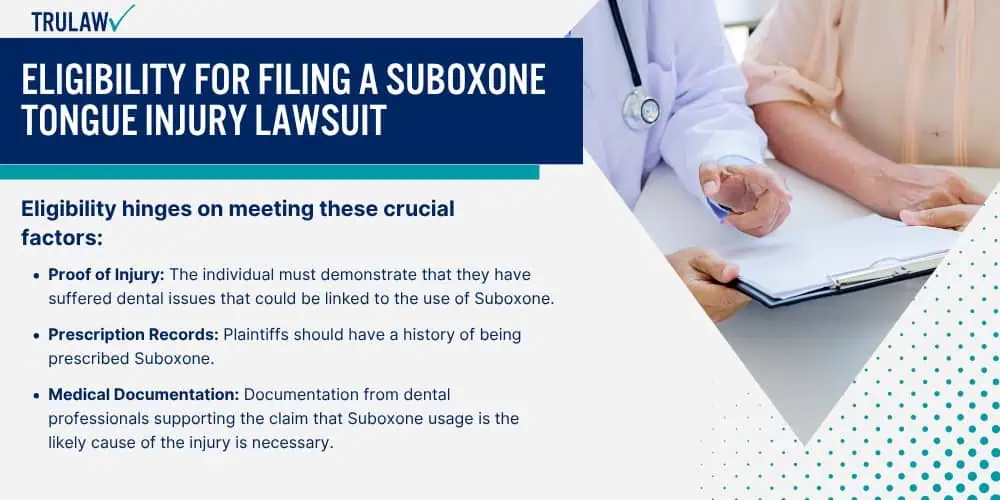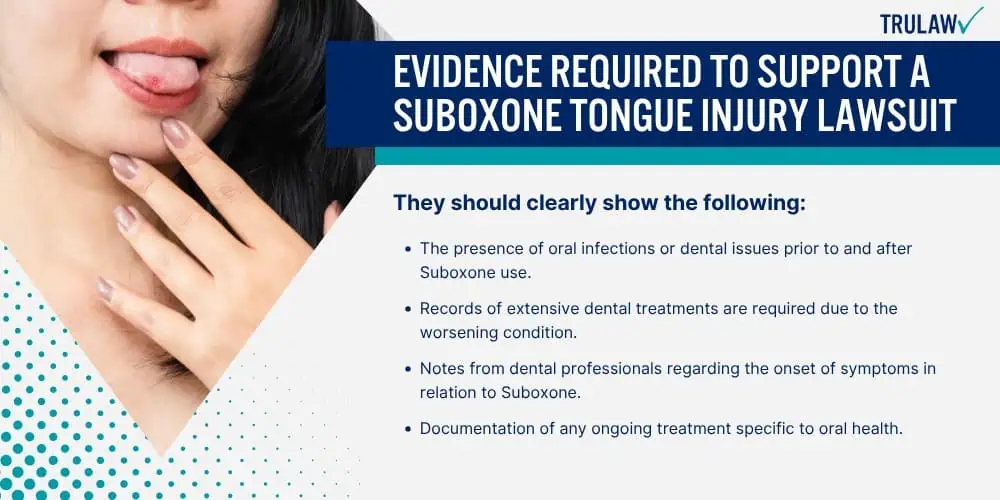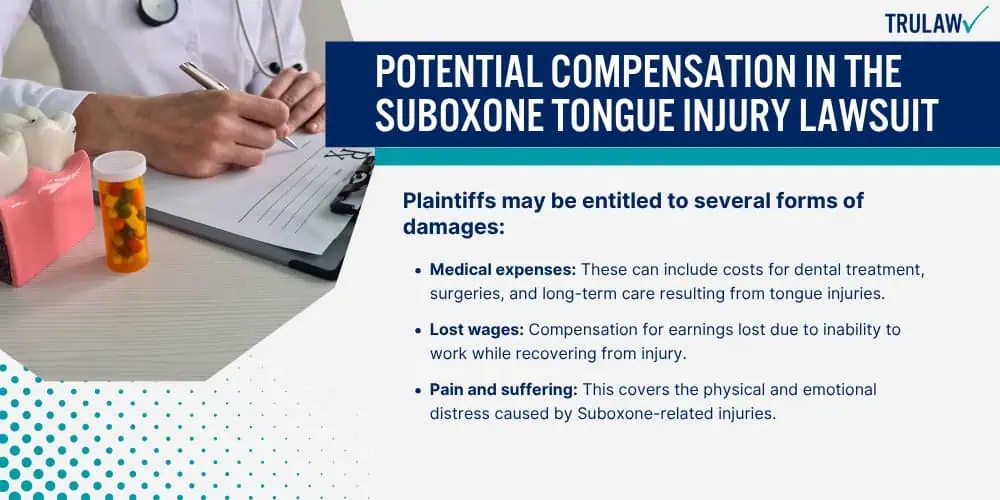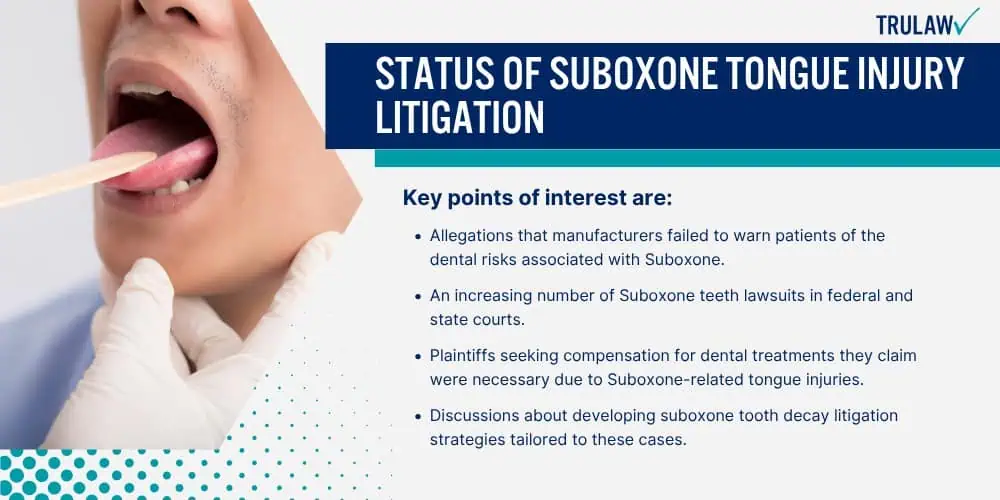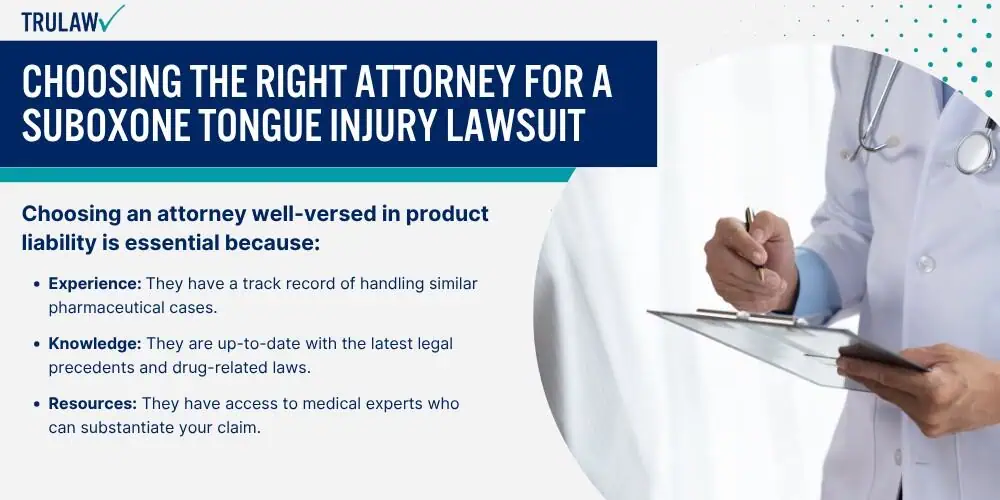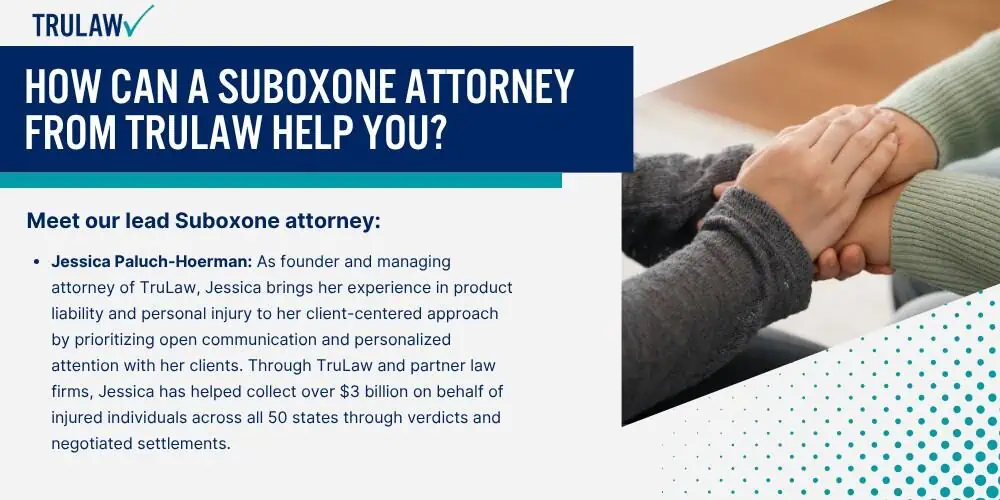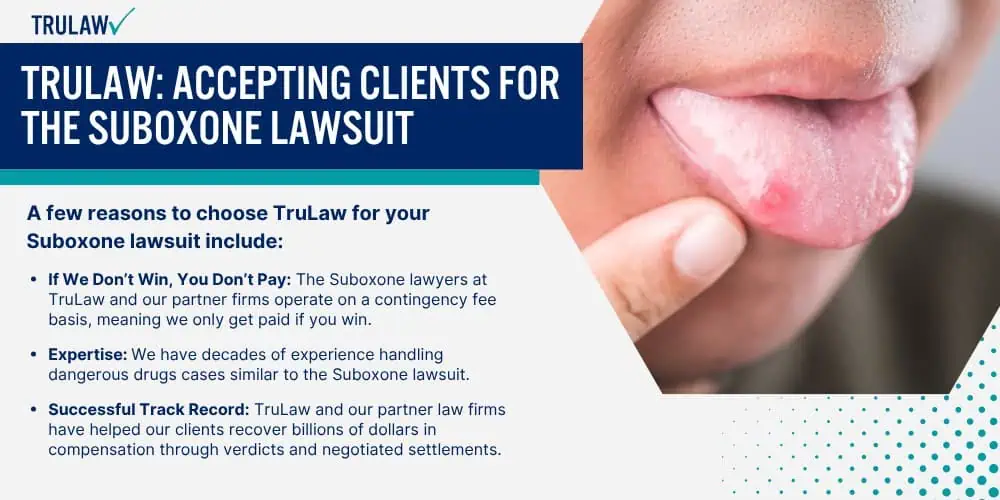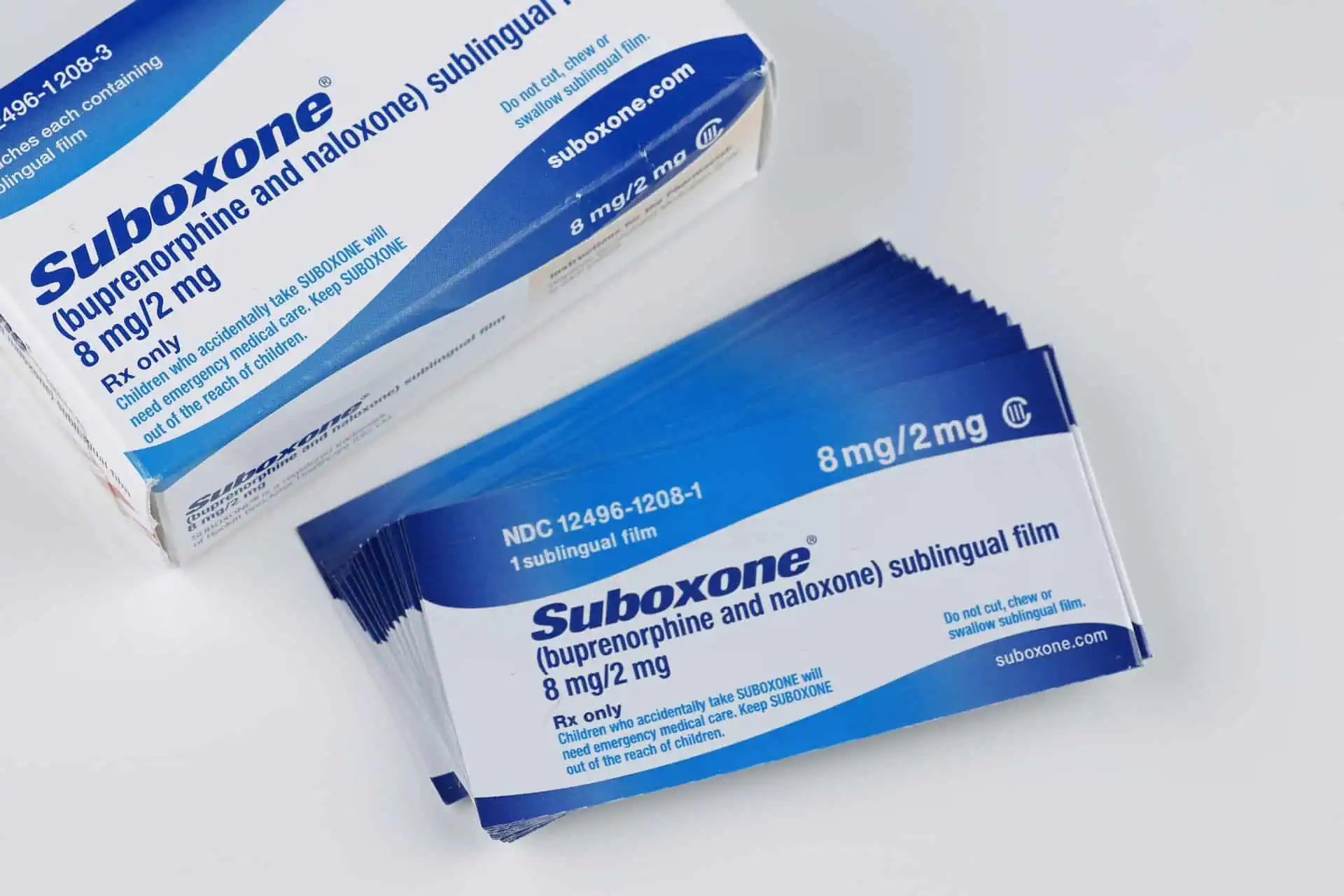Suboxone sublingual film is a formulation of opioid addiction medication designed to be dissolved under the tongue.
It is prescribed to treat opioid addiction and help manage opioid dependence, providing a controlled dose of buprenorphine and naloxone.
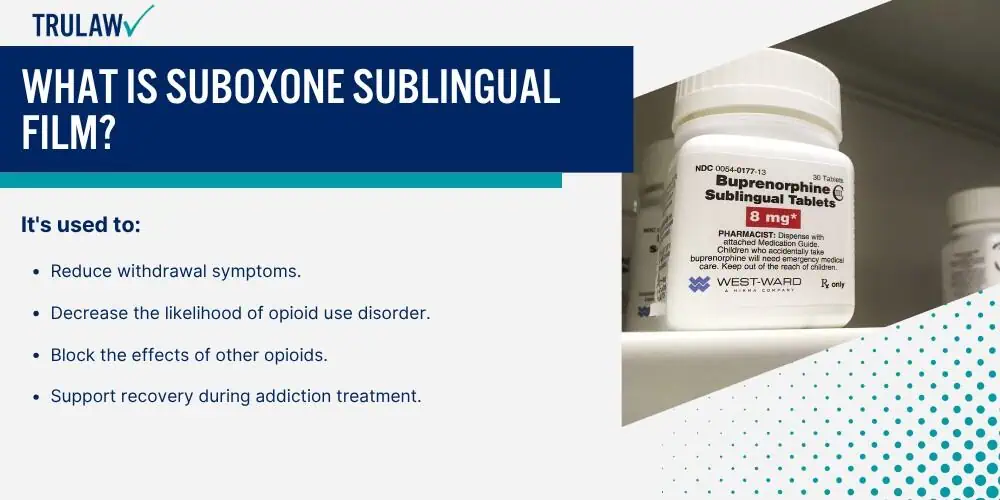
How Suboxone is Used in Opioid Addiction Treatment
Suboxone plays a pivotal role in opioid addiction treatment.
It’s used to:
- Reduce withdrawal symptoms.
- Decrease the likelihood of opioid use disorder.
- Block the effects of other opioids.
- Support recovery during addiction treatment.
Typically, physician-prescribed suboxone film as part of a comprehensive treatment plan, which may include counseling and support groups.
The Suboxone tongue injury lawsuit alleges that the medication, particularly the suboxone sublingual films, has been linked to severe dental decay and gum injury.
Plaintiffs claim they were not adequately warned about these potential side effects, leading to dental issues.
